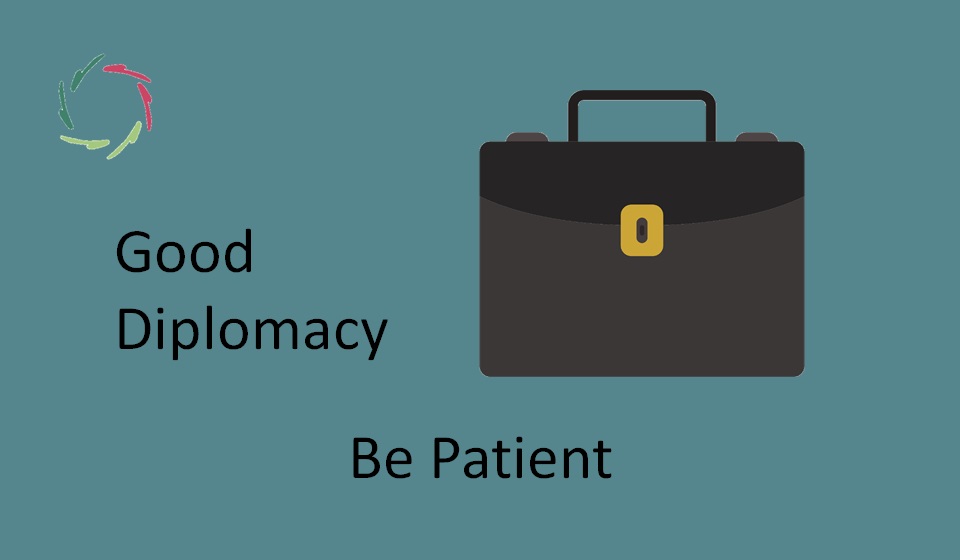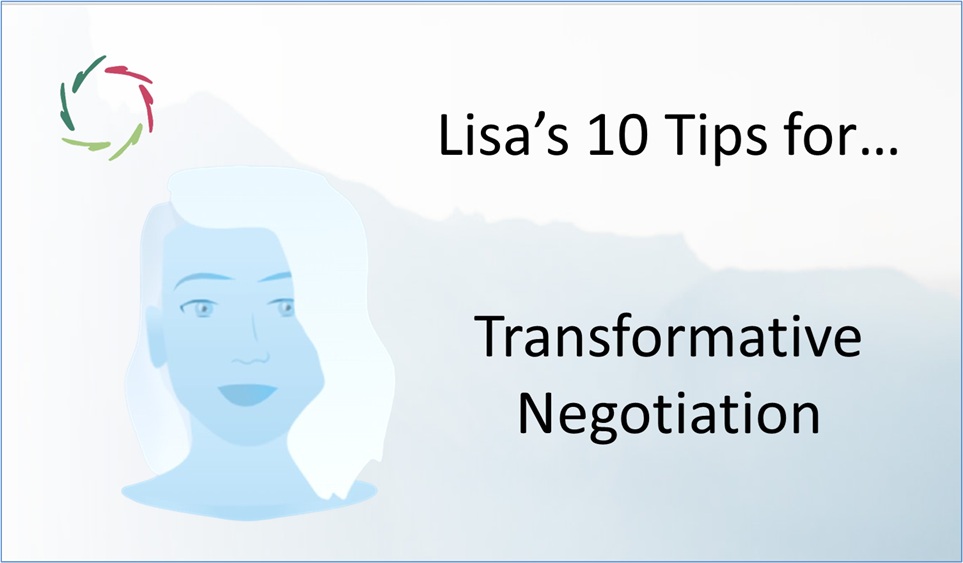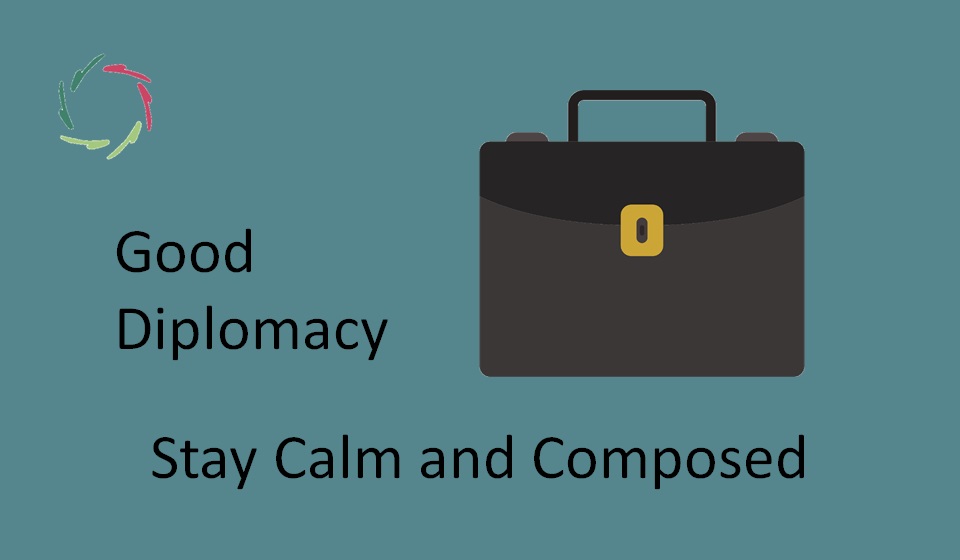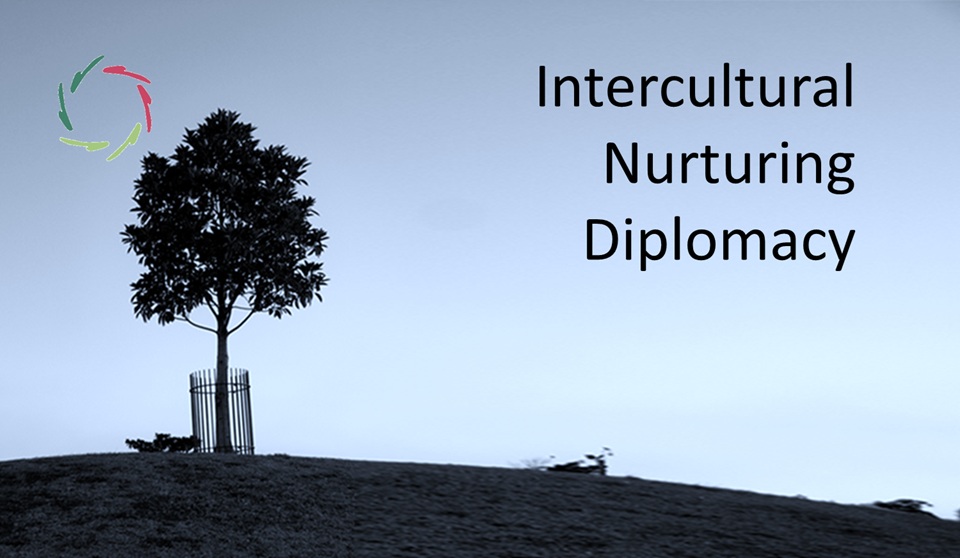Be Patient: Diplomatic Processes Can Be Slow

By practicing patience, diplomats and negotiators can navigate the complexities of diplomatic processes more effectively.
Patience is a crucial virtue in diplomacy. Diplomatic processes often involve complex issues and multiple stakeholders, which means progress can be slow. Patience allows time for reflection, understanding, and gradual progress.
―
BEFORE TAKING THIS IN, PLEASE FIRST READ ‘TEN TIPS FOR GOOD DIPLOMACY’!
This is the fifth tip of the series.
―
Key Aspects
Set realistic timelines
- Establish realistic timelines for negotiations and discussions.
- Example: “We expect this process to take several months. Let’s focus on making steady progress rather than rushing.”
Allow time for reflection
- Give yourself and the other party time to reflect on discussions and decisions.
- Avoid rushing to conclusions or decisions without thorough consideration.
Encourage breaks and pauses
- Encourage taking breaks and pauses during intense discussions to allow for reflection.
- Example: “Let’s take a short break to think about what’s been discussed and come back with fresh perspectives.”
Understand the complexity
- Acknowledge that diplomatic issues are often complex and multifaceted.
- Recognize that resolving these issues takes time and careful deliberation.
Build relationships gradually
- Focus on building relationships and trust over time.
- Invest in long-term interactions rather than seeking immediate results.
Accept setbacks as part of the process
- Understand that setbacks and delays are normal in diplomacy.
- Use them as opportunities to reassess and adjust strategies.
Reassess and adjust
- Be open to reassessing and adjusting strategies as needed.
- Example: “Given the complexities we’ve encountered, it might be beneficial to extend our timeline and explore alternative approaches.”
Acknowledge progress
- Regularly acknowledge and celebrate progress, no matter how small.
- Example: “We’ve made significant progress on these points. Let’s continue working on the remaining issues with the same patience and dedication.”
Stay committed
- Remain committed to the process, even when progress seems slow.
- Show perseverance and dedication to achieving the desired outcome.
Examples
Peace negotiations: In peace negotiations between conflicting parties, progress can be incremental. A patient approach might involve
- “We understand that building trust takes time. Let’s start with a ceasefire and gradually work towards more comprehensive peace agreements. Each small step is important in this journey.”
Trade agreements: Negotiating trade agreements often involves numerous rounds of discussions. A patient diplomat might say
- “It’s important that we thoroughly address all concerns. Let’s take the time needed to ensure that this agreement is fair and beneficial for both parties. Rushing could lead to oversights and future complications.”
Community mediation: In mediating community disputes, achieving consensus can be slow. A patient mediator might suggest
- “Let’s take our time to hear everyone’s perspectives and find a solution that works for the majority. It’s better to move slowly and reach a lasting resolution than to rush and create more conflict.”


